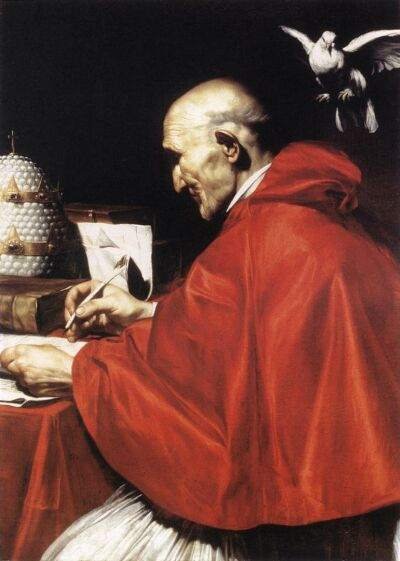Remember my affliction and my wanderings, the wormwood and the gall! My soul continually remembers it and is bowed down within me. But this I call to mind, and therefore I have hope: The steadfast love of the LORD never ceases; his mercies never come to an end; they are new every morning; great is …
Category Archives: Reflections
Paternalism, Employer Healthcare, and the HHS Mandate
Now, I did not want to get into politics in this blog. This blog is about healing division, not fomenting it. But my friend has got me upset about the issue of this HHS contraception mandate — she liberal and not understanding the Catholic position, I standing the ground of my Church. I wanted to …
Continue reading “Paternalism, Employer Healthcare, and the HHS Mandate”
Why Protestants Should Care
So, I finally revealed my blog to my Facebook and Twitter friends. And a good many of them have followed me. Being a little more public has brought about a good bit of self-scrutiny: Am I relevant? Why should anybody want to read my blog? Why should Protestants, in particular, want to read my blog? …
By Scripture Alone; Alone with Scripture
(I am afraid this one gets a little preachy; possibly a little critical. As always, my heart is not to attack, but to rebuild.) So continuing from my thoughts yesterday: One of the most strident cries of the Protestant Reformation, and of Protestants to this day, is sola scriptura: by Scripture alone. Scripture, the Bible, …
The Lonely Pilgrim
And now, the unveiling: “Catholicus nascens,” I decided, is something of a mouthful, not very communicable or catchy. I was tired of having to write down the URL for friends. So my blog is now known as “The Lonely Pilgrim.” And I’ve assigned it (and the DNS should have propagated by now) to the domain …
Before St. Paul’s Tomb
Oh, I want to go back to Rome so badly! I just watched this recent report (no new news, but new video), and it seems the Church has exposed St. Paul’s sarcophagus more fully, and pilgrims are able to go down into the confessio to pray in front of the tomb. (Previously: The Eternal City) …
What is “Evangelical”?
I fear I’m really wandering off my topic here, but maybe I can tie this back in somehow. In my continued reading about Protestant theology, I’ve really been struggling with the definition of the term “evangelical.” This seems relevant to understanding where I’ve come from and consequently who and where I am now. Certainly the …
Charles Colson’s “Ecumenism of the Trenches”
This morning in the National Catholic Register, I was saddened to learn of the death of Charles Colson a few days ago. (The NCRegister piece is moving and worth reading.) Even in the far orbit of the evangelical sphere I’ve been in for so many years, I knew and admired Chuck Colson. He was one …
Continue reading “Charles Colson’s “Ecumenism of the Trenches””
What was I before?
I’ve been doing some reading lately. Feeling slightly ashamed, I used to admit to my Catholic friends that I was reading a Protestant book, but I don’t anymore. No one has ever said anything. Whether a book is Catholic or Protestant has little bearing on its read-worthiness; both Catholics and Protestants have worthy things to …
Emotion and the Leap of Faith
I wondered if receiving the Real Presence would feel any different than any other time I’d taken Communion in my life. I wondered if the Sacrament of Confirmation would evince any inward or outward change in me — if I would feel that, too. Through the years of confusion I experienced as a Pentecostal, I …
